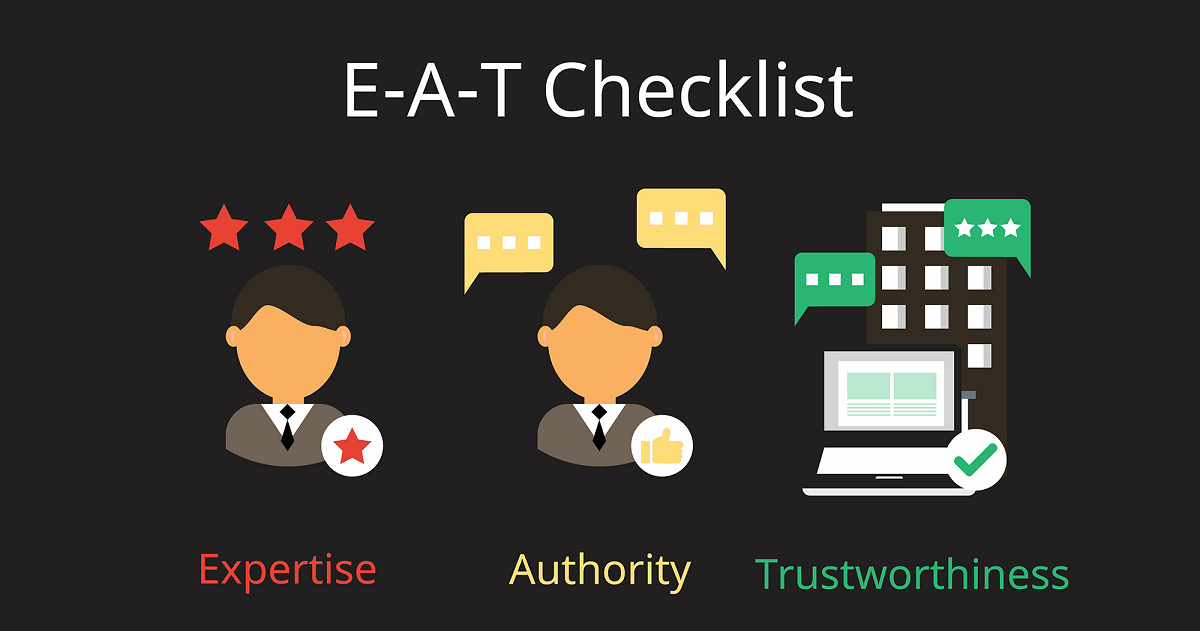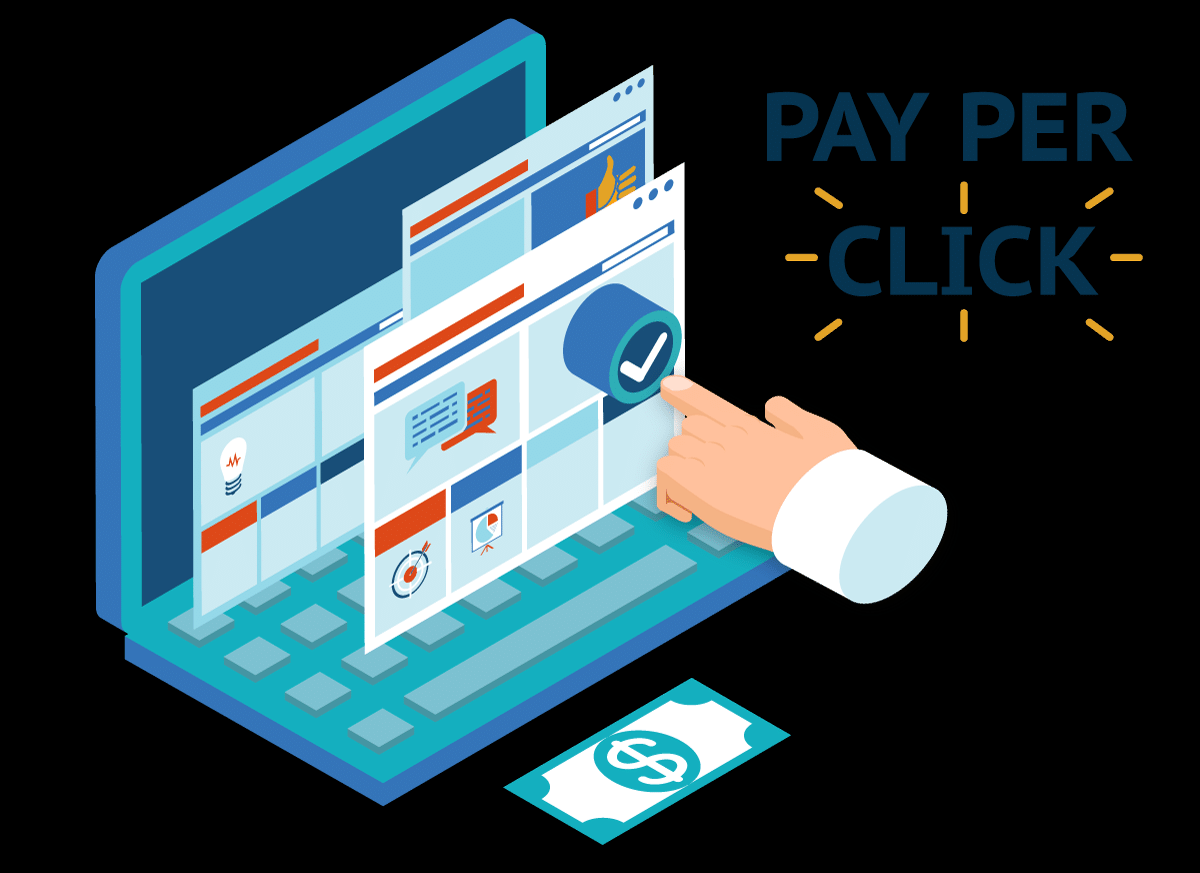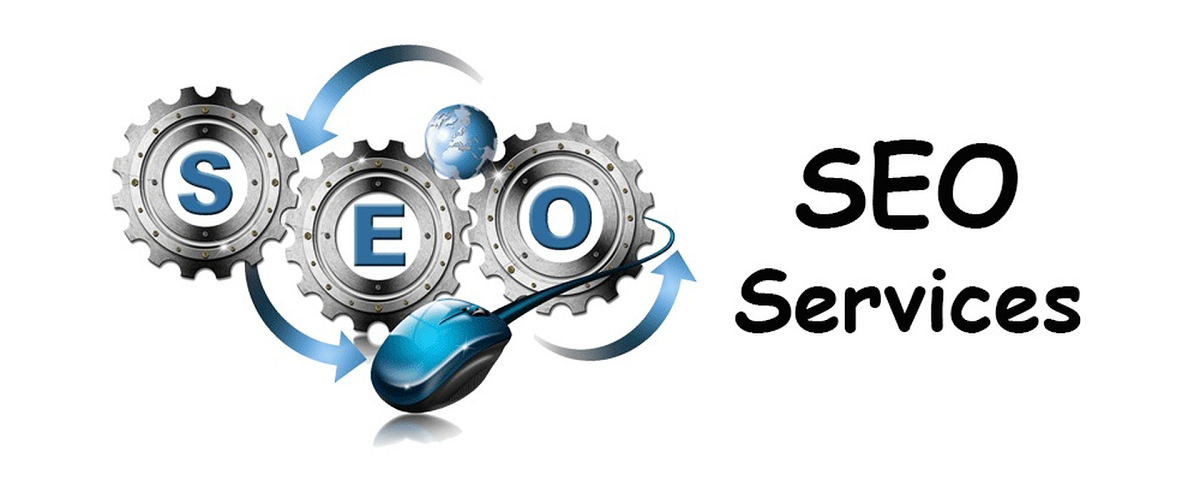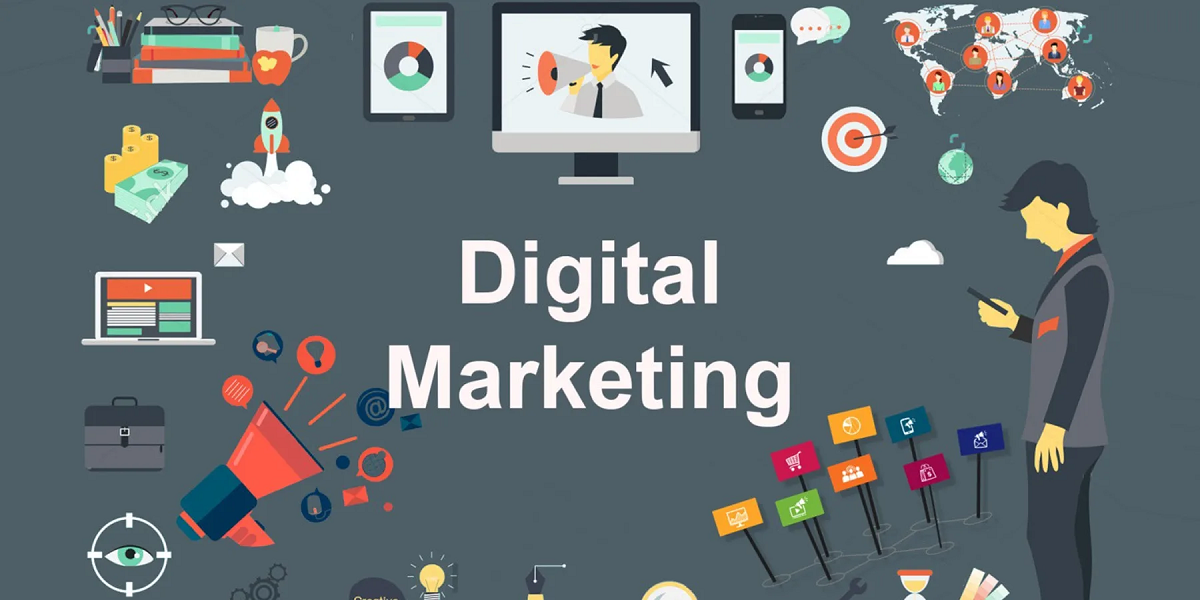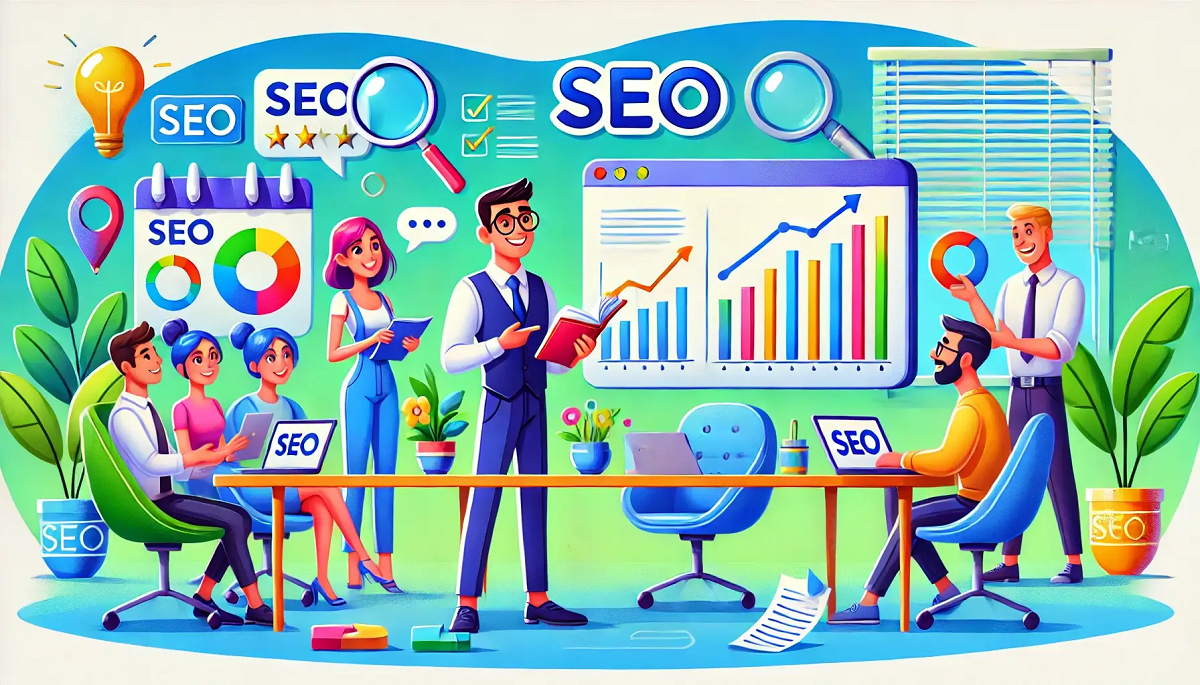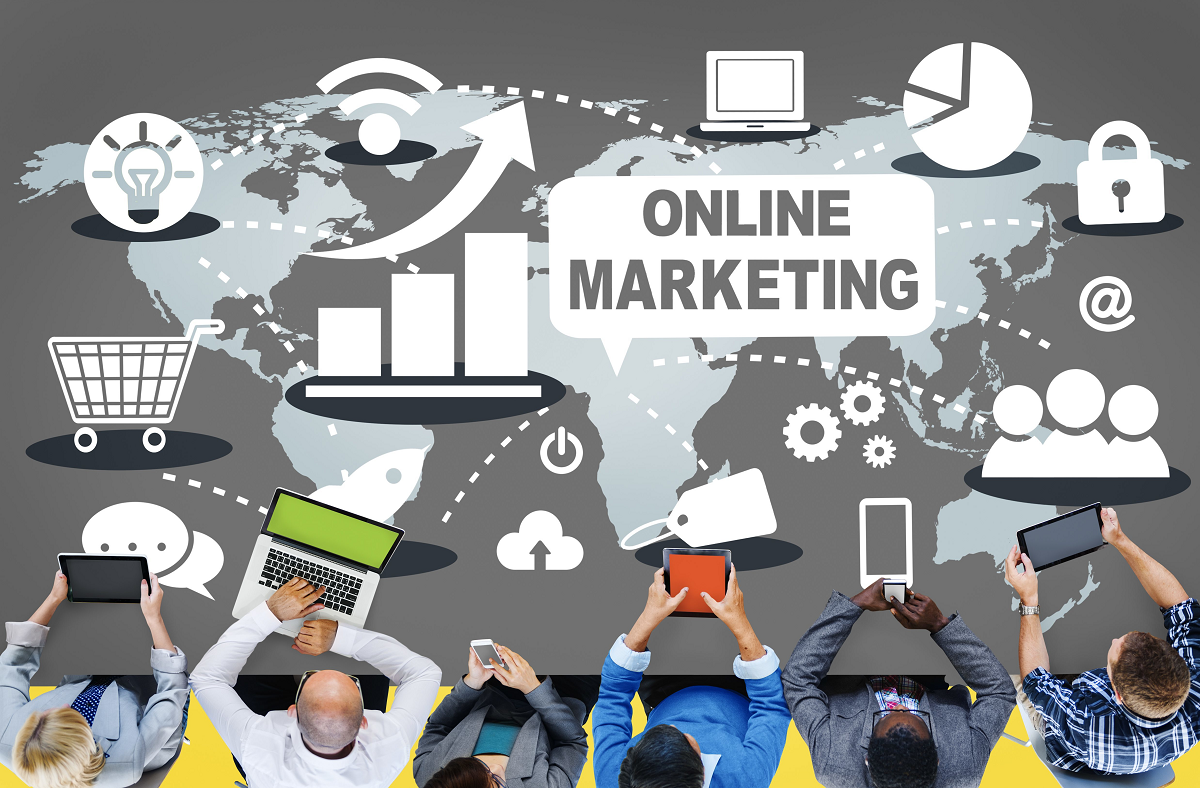BLOG
On the 28th of October in 2021, Mark Zuckerberg personally announced the rebranding through a 77-minute video. Based on the keynote, the Zucc is now fully committed to the metaverse—which should concern all of us.
What Is the Metaverse?
The term “metaverse” is attributed to Neal Stephenson’s 1992 sci-fi novel, Snow Crash. It is defined as a collective virtual space that serves as a digital reality where all humans co-exist. The concept is explored further in Ernest Cline’s 2011 novel, Ready Player One.
When thinking about the future of the web, Zuckerberg’s vision is to “take everything that’s online and make that into your reality,” which is something that most people are already used to doing. Yes, the concept of the metaverse is undoubtedly exciting, but some think it might make most of us more distant from each other because it's already happening now.
What Has Changed?
The metaverse concept has been around for quite some time since its introduction in Snow Crash, but why is it just happening now? Here are some reasons for that:
Businesses Benefit from the Metaverse
Virtual worlds can be attractive to businesses for a range of reasons. First, it allows the employer to have a remote presence and interact with its employees and clients. Second, virtual worlds can be efficient and effective for business training and development and may even reduce IT and travel costs. Third, it is a cost-effective and low-skill method for businesses to reach more customers or clients.
It’s not just about having a presence in the metaverse. Businesses will need to fundamentally change the way they do business in the virtual world. Many companies will relocate to the metaverse, but many more will change their business model to suit the metaverse. Previous ideas of space and time will be disrupted, and new companies and business models will emerge.
Pushing Technological Boundaries
In the years following Snow Crash, the internet became a portal for every aspect of our lives. People began to imagine a day in the not-too-distant future when we could interact with it in a completely visual way. People in the industry called it virtual reality, but make no mistake: Stephenson saw it coming. Almost three decades later, the future he envisioned is now here. The Internet is teeming with its very own metaverse—a real-world, virtual-world hybrid that allows people to connect, interact, and share thoughts, ideas, and digital media.
Today, AR and VR spaces are now a reality. While we won’t see total immersion for many years, we’ve already seen the first steps to accommodate such worlds. We’ve recently seen VR headsets such as Google Glass and the Oculus Rift introduced to the masses. AR has also seen more traction with the Microsoft HoloLens and the ODG R-8.
Why Should Marketers Care?
The digital marketing landscape is evolving at warp speed. Naturally, the industry is all abuzz about augmented reality (AR) and virtual reality (VR), but how can these technologies be used in marketing?
Brands use VR for training, product demonstrations, showing off new features, and allowing consumers to interact with products. For example, you can use VR to create virtual architecture that enables people to walk around houses they may want to buy. This means that they can see the space in a realistic setting. They can also see how it would look with their furniture, taking away the guesswork.
In essence, VR marketing can make your product or service become an action point. It brings the consumer into the experience rather than the brand. This means that you can actively encourage users to take action on your product.
AR is helping brands make their products more appealing, especially for tech-savvy people who are more likely to use technologies that allow them to interact with the products they buy. If you’re wondering whether it’s worth the investment, consider this: more than 50 percent of people who try a product on a mobile device end up buying it. If you successfully engage a customer with a product demo, there’s a greater chance that you’ll make a sale.
Conclusion
The metaverse is a fascinating concept, and we should use it responsibly to our advantage. Luckily, it offers many benefits, especially in the field of marketing. We should wait for further innovations until we can fully integrate the metaverse into our daily lives.
Social Cali is a
social media marketing agency that provides marketing solutions for any business. Our methods are tried and tested, and we can help your business thrive in the digital space. Contact us today to learn more!

